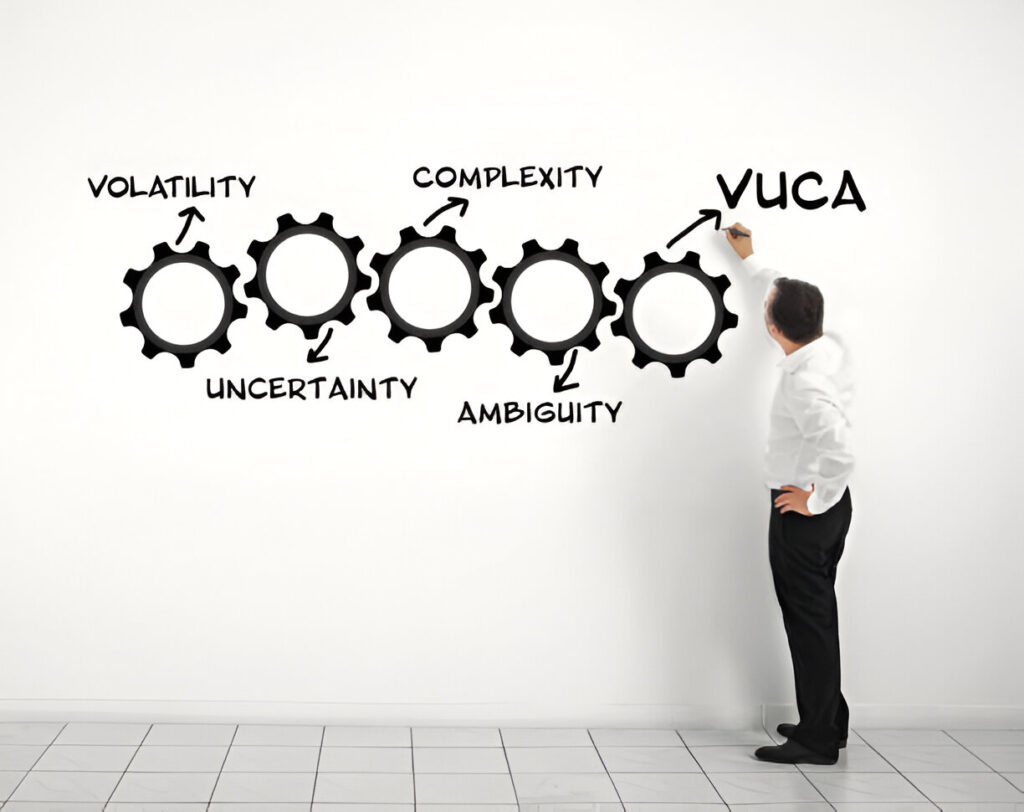Key Takeaways:
- Implementing task management strategies enhances team collaboration and efficiency.
- Prioritization and delegation are critical components of effective task management.
- Tracking progress helps in maintaining momentum and achieving organizational goals.
Introduction
Managing tasks effectively is crucial for boosting team productivity in today’s fast-paced work environments. Utilizing task management software can simplify this process by providing tools for prioritizing, assigning, and tracking tasks efficiently. Resources like these empower teams to focus on goals without getting bogged down in details. By leveraging such tools, organizations can improve workflow and facilitate better collaboration, ultimately enhancing overall productivity.
Task management is not just about assigning work; it’s about strategically organizing tasks to ensure that everyone on the team is working efficiently towards common objectives. This involves setting priorities, assigning the right people to the right jobs, and continuously tracking progress to adapt as needed.
Enhancing Team Collaboration
Effective task management lays the groundwork for enhanced team collaboration. When tasks are clearly defined and properly assigned, team members understand their contributions to the larger project. This clarity fosters a cooperative environment where individuals can collaborate and communicate more freely. By employing established systems, teams can share resources and knowledge seamlessly, boosting collective problem-solving and innovation.
According to an article in Forbes, good task management principles lead to more organized and communicative work settings where everyone is aligned with the project’s goals and timelines.
Prioritization for Productivity
Prioritization is essential for maintaining high productivity levels. When teams can identify and focus on the most critical tasks, they can avoid wasting time and resources on less important activities. Establishing a priority order helps direct energy where it’s most needed, thus speeding up project timelines and improving output quality.
Effective prioritization involves assessing the urgency and impact of each task. By developing a structured approach, teams are better equipped to manage workloads, meet deadlines, and maintain momentum throughout the project lifecycle.
Delegation and Empowerment
Delegation is a powerful tool in task management. It empowers team members by entrusting them with responsibilities that align with their skills and interests. By matching tasks to the right people, managers can ensure that work is completed efficiently and to a high standard. Furthermore, delegation helps involve employees in decision-making, fostering a more engaged and motivated team.
As Inc. highlighted, effective delegation boosts productivity and builds team morale, as employees feel more accomplished and appreciated.
Tracking Progress and Adaptability
Tracking progress in real-time allows teams to stay on top of deadlines and commitments. This continuous monitoring helps identify potential roadblocks early, enabling teams to adapt strategies as required. Keeping track of task progress ensures that teams remain agile and can adjust to both internal dynamics and external changes with minimal disruption.
Flexibility and adaptability are the pillars of successful task management systems. By continuously evaluating task statuses, organizations can respond swiftly to new demands or changes without derailing the project’s trajectory, thus maintaining productivity.
Conclusion: Driving Success with Effective Task Management
Incorporating effective task management strategies into daily operations is essential for driving team productivity and success. By focusing on collaboration, prioritization, delegation, and progress tracking, teams can improve their efficiency and morale, paving the way for successful project completions. Task management optimizes individual performance and results in cohesive team dynamics and enhanced organizational outcomes.

